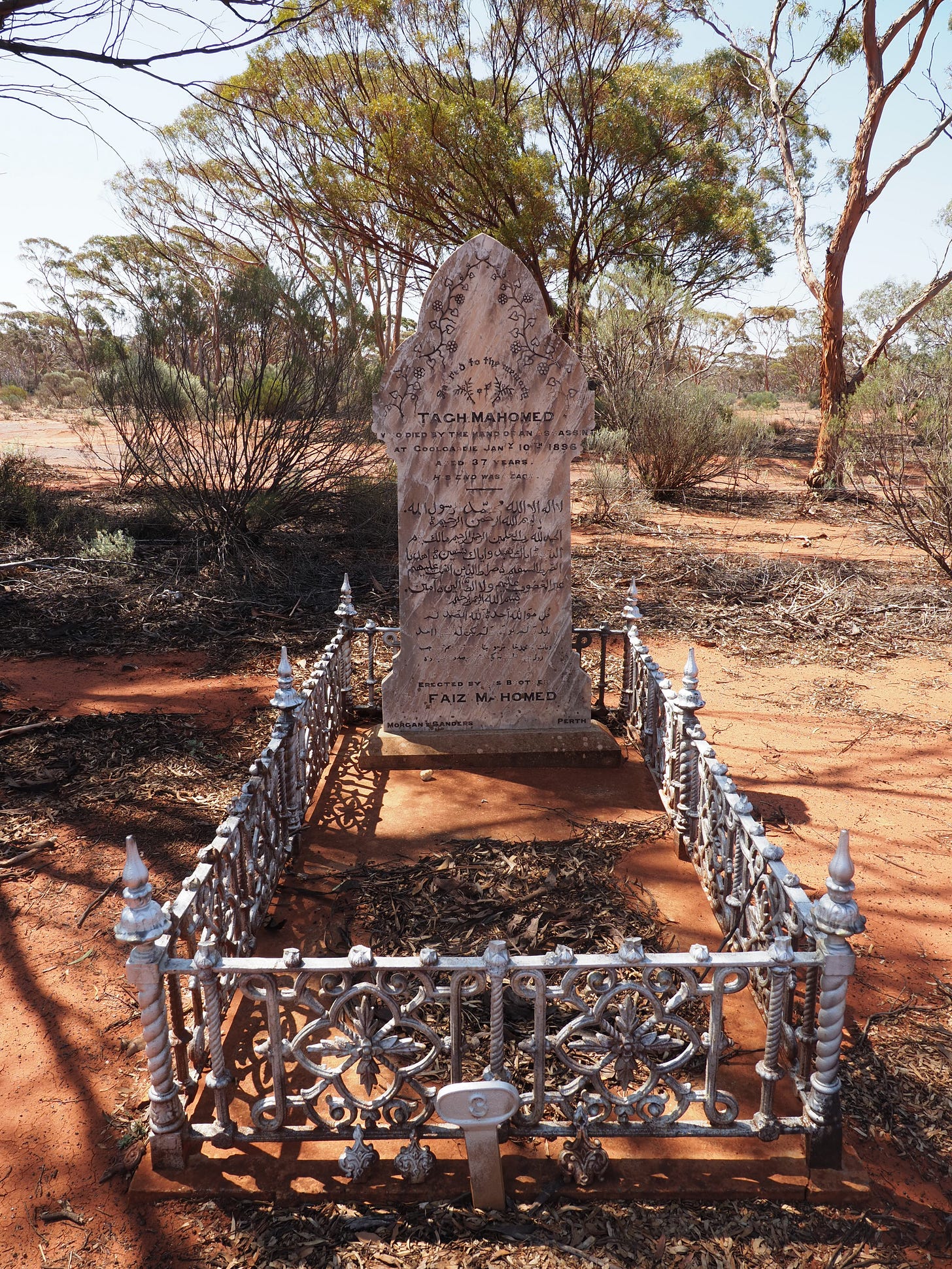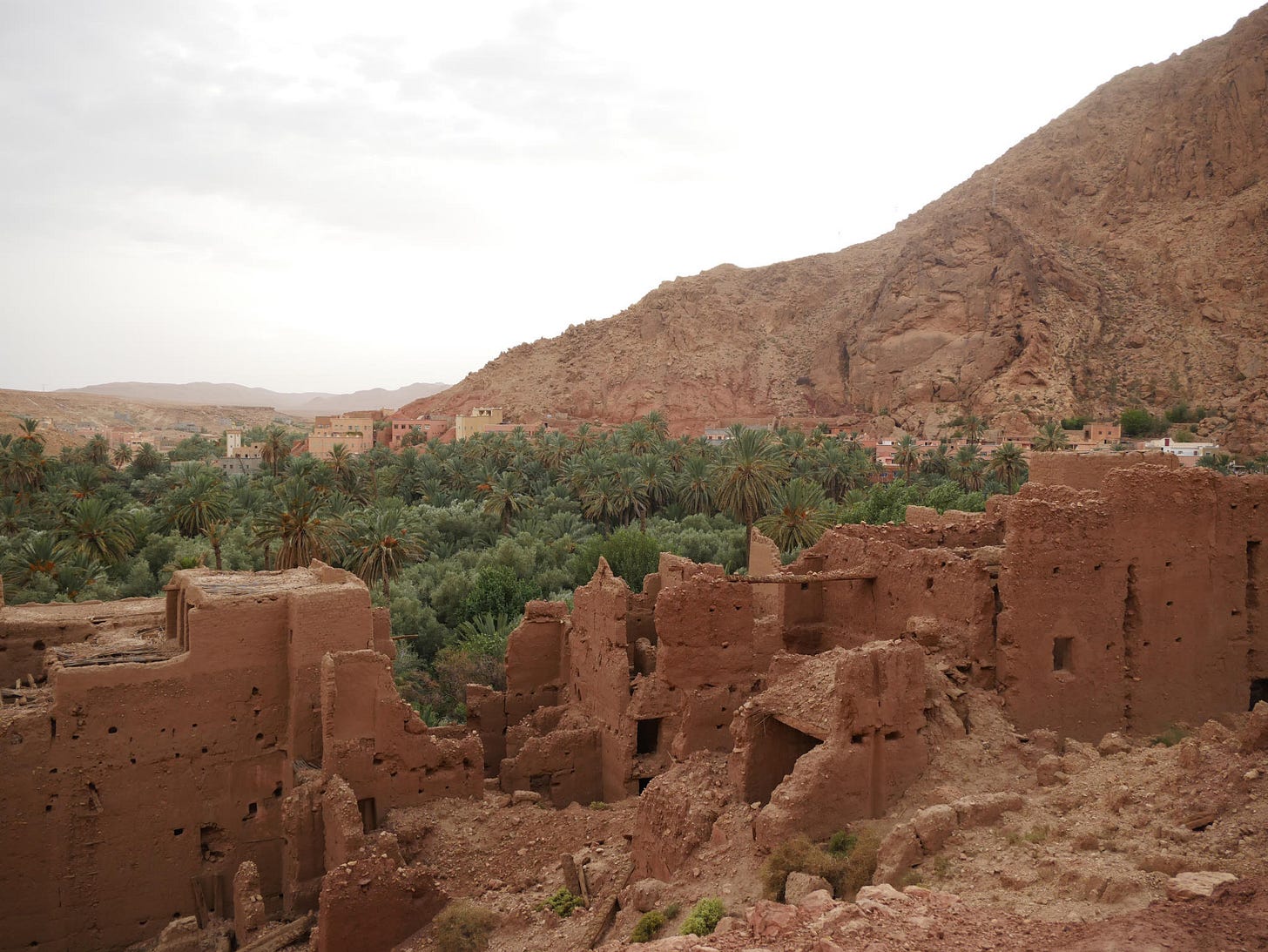Hey friends,
It's hard to believe we're halfway through December already. Walking the cusp between this year and next. Counting down the days to the countdown.
I never used to be too bothered about New Year's - although I've always loved the December solstice - but, as we're counting down the days to 2024, I'm finding myself feeling a little caught up with it all.
Like many, I tend to have mixed feelings about the end of the year: not quite ready to let it go, to move all the things I didn't achieve from this year's to-do list to the next.
I often find it an unwelcome reminder of the passage of time. Another year older, another year wiser, another year of feeling even less like I have it all figured out - and another year of feeling slightly bad about it, and then reminding myself that actually, no, I’m exactly where I want to be.
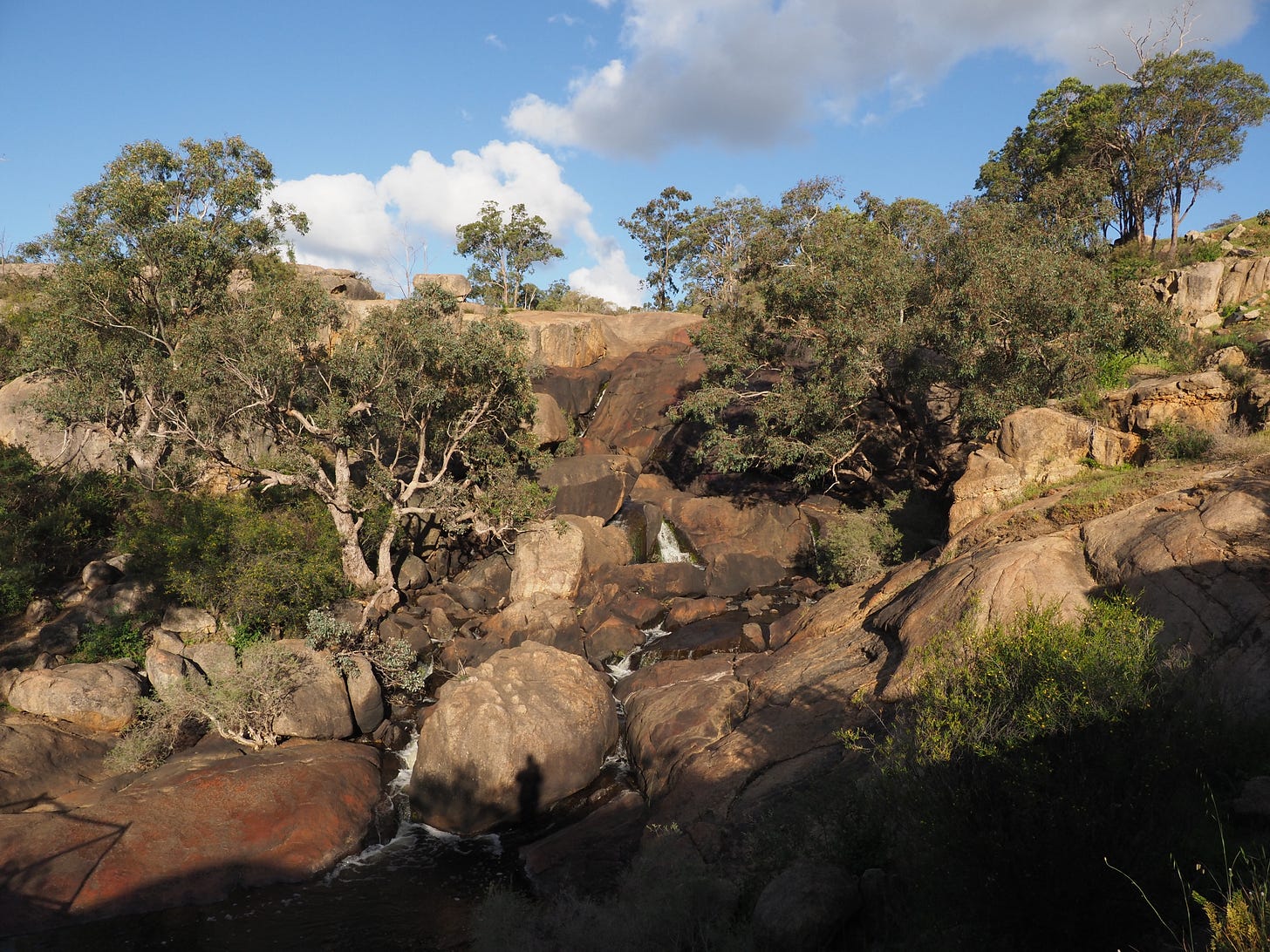
We live in a society that puts so much pressure and emphasis on youth that we almost feel like we have to fast-track everything; that we’re not a success unless we’ve done X, Y, and Z by the time we hit our 30th birthday. After all, if we buy into this idea, we’ll know it’s all downhill from there.
Spoiler alert, it isn’t.
This idea of youth is just another thing that our society has commodified.
Unlike pretty much every other society that has ever existed on the planet and revered the Elders as the wisdom-keepers, we’ve knocked them off the top spot and sometimes even put literal children there instead. Because obviously the Forbes 30 Under 30 know things that people with nearly a century of life experience couldn’t possibly.
Although that sounds a little spicier than I meant it to, I find it frustrating.
We know, in theory, that good things take time, but we’ve also been bought up in a time of instant gratification, when we feel like we have to have achieved all the things we want in our lives, like yesterday.
Lemons can also be a good reminder that you can’t rush all these things, though. Some things take time - and that’s the way it should be.
It not only takes a lemon tree years to start producing lemons, but it can also take each lemon on the tree up to a year to ripen. That’s 12 months for a single lemon to get to the point that you can pick it and make it into lemonade (or do whatever else you want to do with your lemons).
***
It’s obviously an analogy, but this whole “life gives us lemons” thing is becoming more and more interesting the more I dive into it.
Being given a lemon feels a bit more like a gift than a curse, although I guess the same could be said about a lot of things in life, like, as we just mentioned, getting older and the passage of time.
And so, although I can’t quite believe it’s taken me until week #10 of writing Making Lemonade, but I’ve finally just gone on a deep dive into why we say “when life gives you lemons, make lemonade”.
Dum, dum, dum….
It’s been attributed to many people over the years, but the closest I can seem to get is to Hobart Johnstone Whitley (H J Whitley), a Canadian-American real estate mogul and the “Father of Hollywood”, who, in the 1900s brought up 500 acres of lemon orchards in Southern California, cut them all down and turned them into the entertainment capital of the world.
Wow. It turns out life didn’t just give him lemons, he bought them and then squeezed them all under a bulldozer to make Hollywood. Huh.
It’s a hell of a legacy - and one that, entirely accidentally, takes me nicely onto the theme of this week.
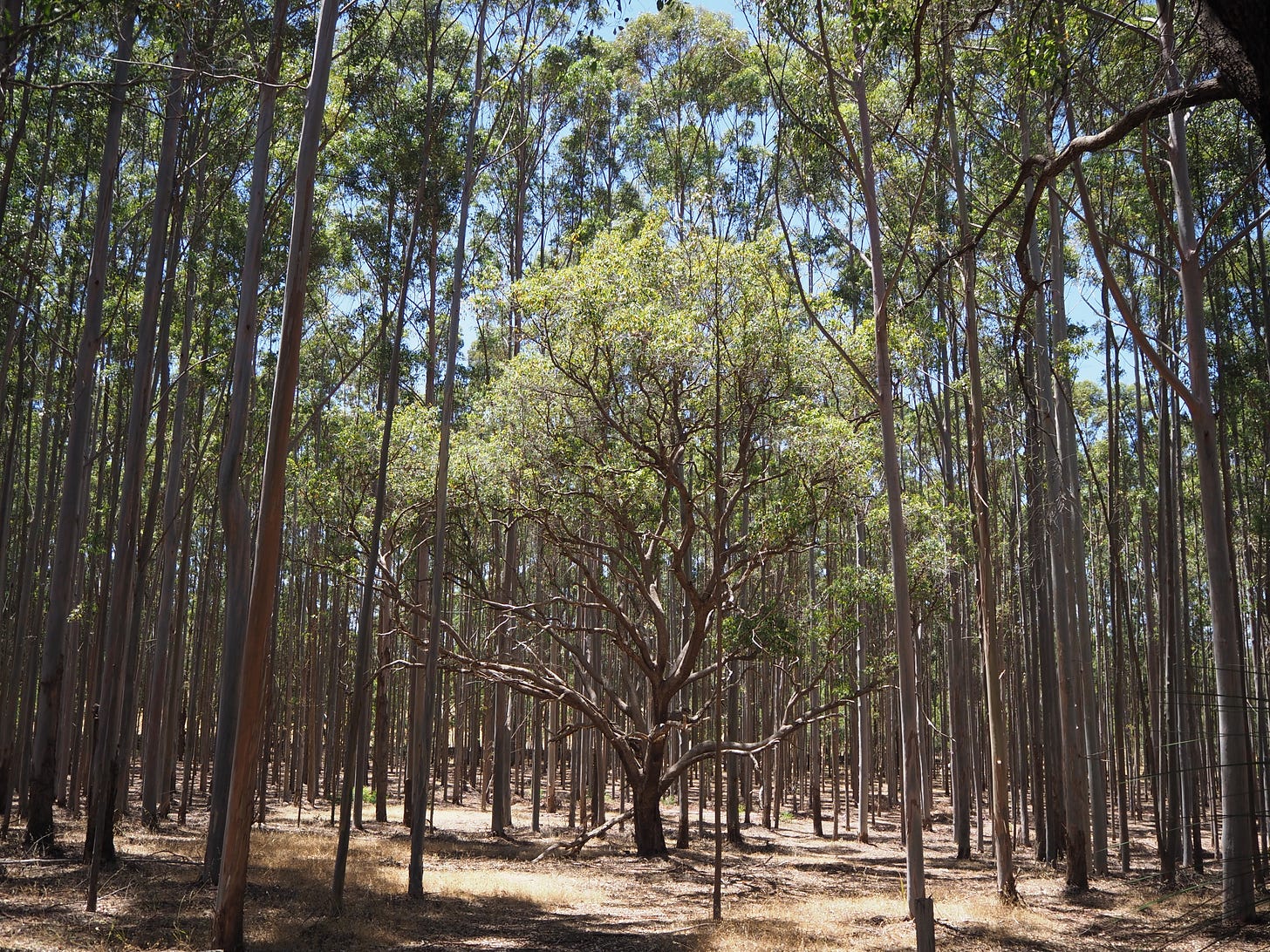
Legacies have been one of my special interest subjects ever since my grandad died when I was 18. I was tasked with reading out the eulogy at the funeral, but between that and the words of the funeral director, I felt like I learned more about my granddad in his death than I knew in his life.
Granted, he’d also had dementia and I was probably too busy being a grumpy teenager to have asked him his life story before that, but still, it stuck with me.
It made me think about all the things we don’t know, and all the things we lose when people leave this world; about what’s left when we - and everyone who we knew, loved, and shared our time on the planet with - is gone too.
About the things we leave behind. And about the ways we want our own stories to be remembered.
***
In my writing workshops, I talk about the idea of writing ethical wills - also known as legacy letters.
A Jewish tradition that dates back to Biblical times, ethical wills have long existed as a way for people to pass down their morals and their beliefs to their descendants.
Our lives here are short and often filled with suffering and struggle, but in the midst of it there is so much beauty too, so much capacity for joy. So much wonder and wisdom to be learned and passed down.
And so, the idea of an ethical will is not to write a long autobiography or a memoir, but just a short 1-2 page document about your beliefs, your values, your interests, and all the other things that make life worth living for you. Something special about you that you'd like passed down to your ancestors.
For many years, gravestones have been one of the few ways for us to learn about those who came before us.
This gravestone erected in memory of an Afghan cameleer who was buried on the outskirts a cemetery near Coolgardie, Western Australia (non-Christian folk werent buried in the main graveyard…), says:
“Sacred to the Memory of Tach Mahomed, who died by the hand of an assassin at Coolgardie, Jan 10th 1896, aged 37 years. His End was Peace”.
Oof. It gave me chills when I read it.
Those four final words say so much and have stuck with me ever since - especially given the manner of his death.
What an incredible legacy.
***
I believe there’s a primal human desire in all of us to want to leave our mark on the world. And, as someone who does not want children of my own, I like the idea of leaving something behind.
If I’m being fully transparent, part of starting this Substack was to be able to explore these ideas that for so long have lived solely in my mind or scribbles in my journal. A way to say, I was here, this was me. I existed, I lived.
I find it fascinating that, for as long as humans have been able to write - or at least make shapes - we’ve been carving our marks into things as a way of leaving a tiny legacy.
When I was back in the UK visiting my family last September, we took a trip out to a castle near where we were staying. It was a cool castle, as castles go (you tend to be a bit spoiled with castles growing up in the UK), but the highlight, for me, was all the old graffiti.
For centuries, people had been visiting and carving their names into the exact same staircase. You could see the way that thousands of pairs of feet had worn out spots on the old stairs.
I loved the way it made me feel like I was in the presence of history. How I could almost imagine all the people who'd come before me, even despite knowing nothing of them other than their names and the years, carved in their own handwriting.
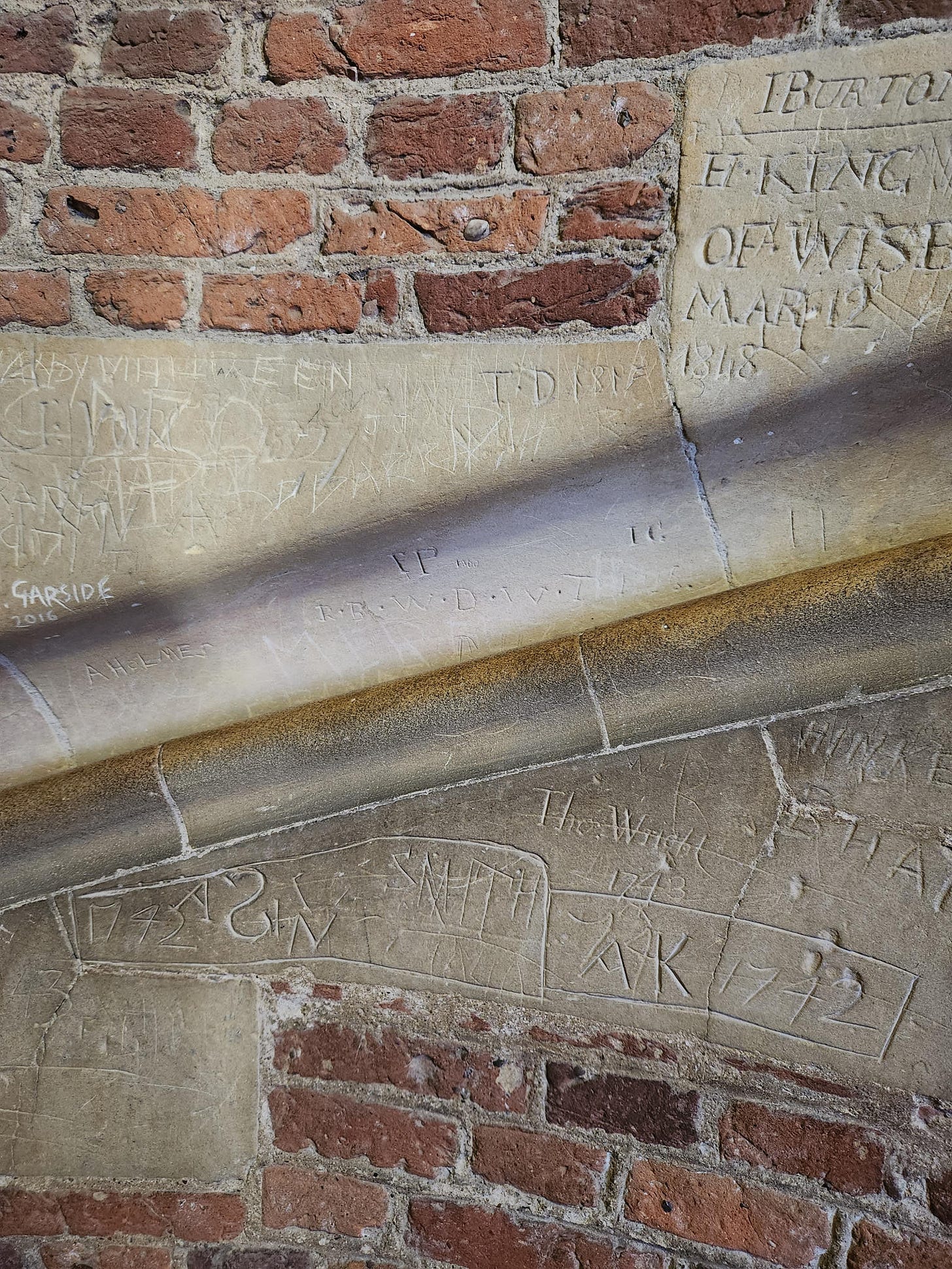
History, to me, is not only a great way to gain insights into our collective past, but also a way to learn lessons from all the people who've come before us.
I genuinely believe it has the potential to help all of us be better humans - if only we were taught it better.
I know they say history is written by the victors, but I don't really subscribe to that. Maybe that’s because my own interest in history isn’t so much about kings and queens and leaders and empires, despite that being most of what I learned at school.
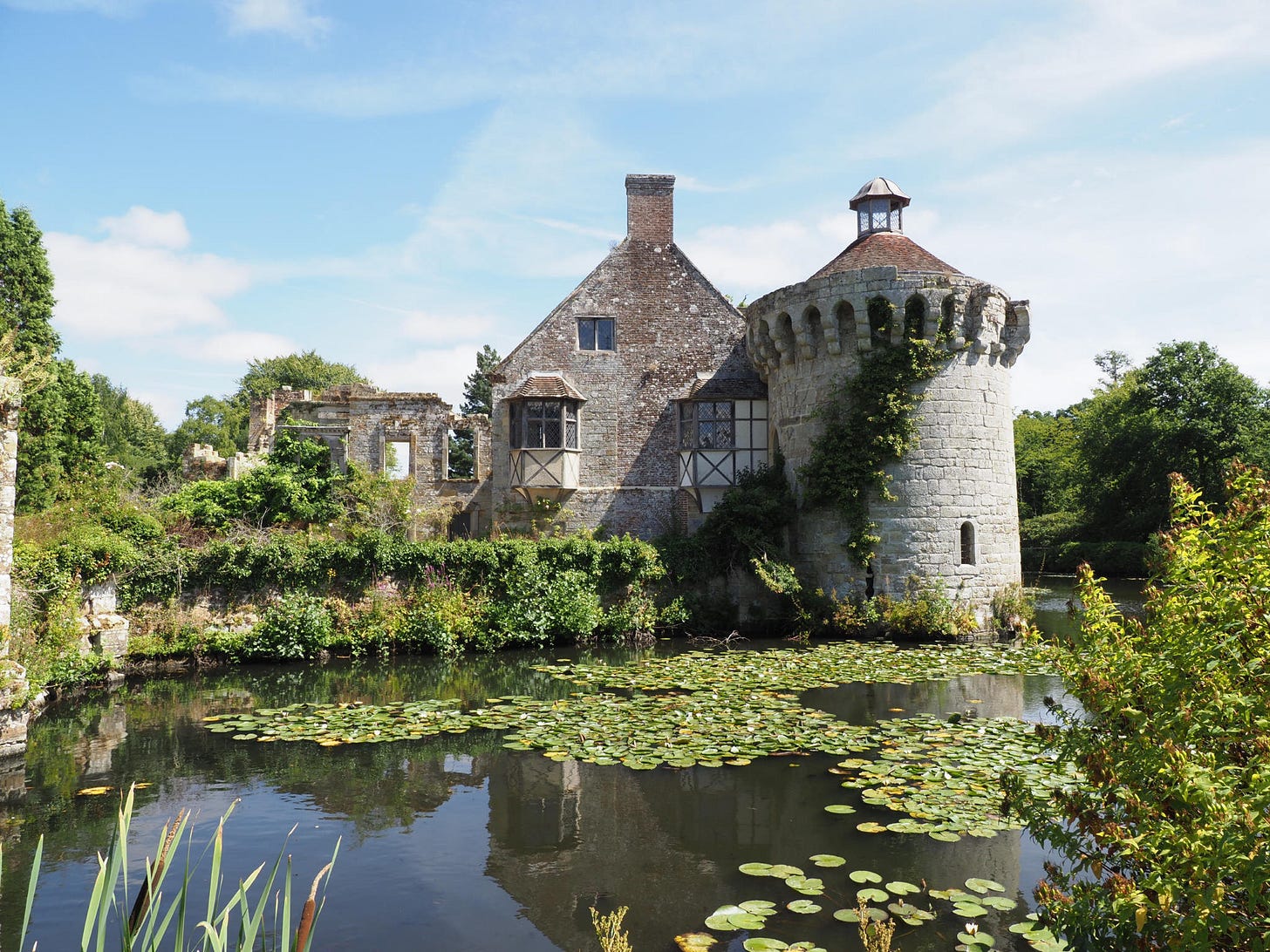
Instead, I find it far more interesting thinking about the everyday people.
The yous and mes of the world who came before us. The billions of people who have lived here on this planet over the years, with most of them leaving nothing behind. No markers, no reminders, just their genes, passed down ancestor to ancestor, until eventually reaching the end of the line.
I think that's why I love ghost towns so much - because of how they give us a chance to see how normal people lived. Most of the time, they're just everyday places built by everyday people.
The only difference between them and normal towns, though, is that they were usually built in fairly inhospitable landscapes, which is why they've been spared the “bulldozer of progress”.
Like Hollywood, there are usually many layers of the past under all our towns. All the old legacies and lessons squeezed into the foundations beneath us and old dusty books in the back shelves of local libraries.
To me, those are the legacies I seek out. The ones I find far more interesting. The legacies of everyday people like you and me, just trying to eke out a living and find our place - and leave our mark - on this world.
And so, as we close out this year, I invite you to not only think about what the legacy of your year may look like - preferably from a personal perspective, not a professional one - but also to think about the idea of writing an ethical will; both as a way to leave your own mark on this world, and a way to keep living your life aligned with who you want to be and how you want to be remembered.
Like our lemon mogul, who destroyed 500 acres of lemon trees ended up remembered as the father of Hollywood. I’m not quite sure how I feel about it, but you can’t deny that it’s a pretty impressive legacy.
Still, here’s hoping we’ll be remembered for something a little more holistic.
Love always,
Cassie x
PS - I don’t condone scratching your name into things as a way to leave your own legacy. It was cool when people did it in the 17th century, I don’t feel the same about it in 2023.
PPS - If you like reading my work and want to support me, please like this post, leave a comment, and, if you really love it, please share it with your friends. I really appreciate it - and appreciate you just for being here. Thank you!
PPPS - If you ever have any suggestions or can think of a topic you want me to cover or go deep into here, I’m all ears (or eyes). I feel a bit like Making Lemonade has become Cassie's Deep Dives, but I just really love writing posts like this and can only hope you enjoy reading them too!





